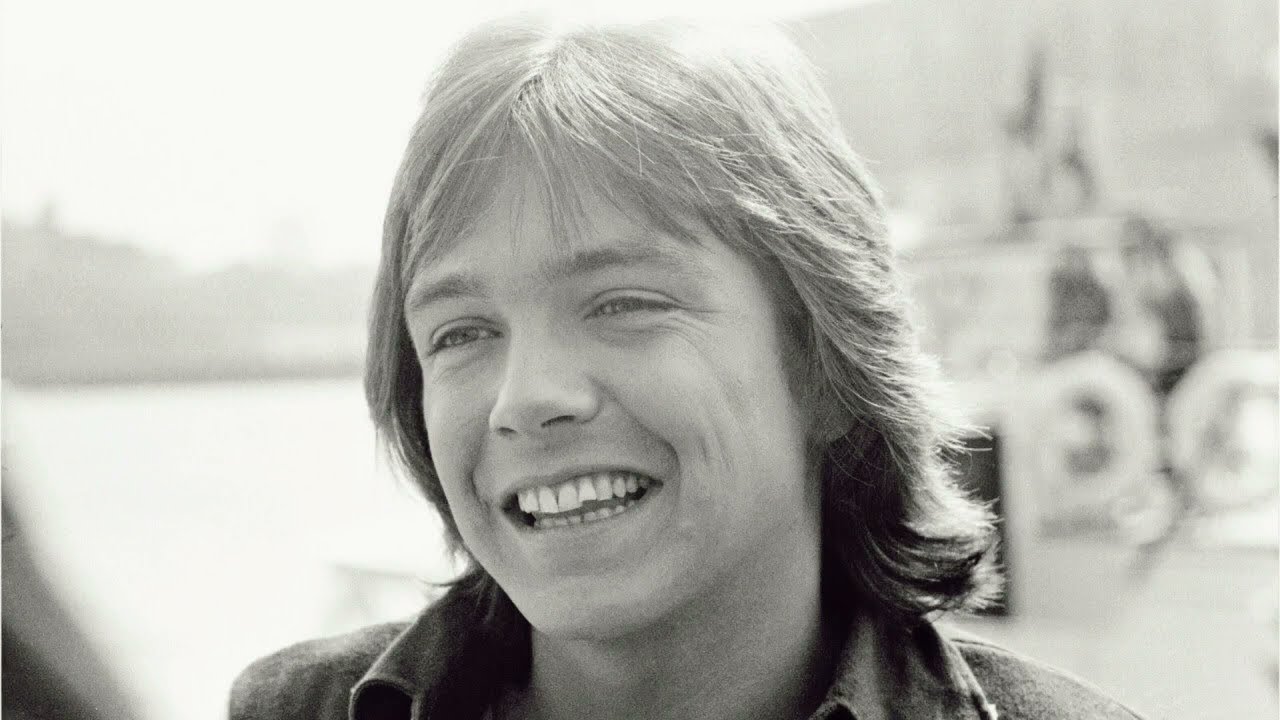
A Pulsing Testament to Unspoken Devotion and Teenage Longing
Originally released on The Partridge Family Album, the 1970 debut of The Partridge Family, “I Can Feel Your Heartbeat” arrived not as a chart-topping single but as a quietly powerful album track that helped define the group’s early identity. The album itself soared to No. 4 on the Billboard Top LPs chart in January 1971, buoyed by the runaway success of “I Think I Love You”. Though “I Can Feel Your Heartbeat” was never issued as a single, it became a live concert staple—David Cassidy is said to have opened nearly every show with this song through the decades.
The song is credited to Wes Farrell, Mike Appel, and Jim Cretecos, although accounts suggest Farrell’s credit stemmed more from contractual positioning than direct authorship. Musically, it diverges from bubblegum conventions, emerging as a rhythmic pop‑rock gem pulsating with wah‑wah guitar flourishes, a driving bass groove, and crisp percussion that underpins Cassidy’s earnest vocals with surprising soulful vigor.
In the body of the text, we explore the emotional and musical tapestry of “I Can Feel Your Heartbeat.”
From the very first measures, the arrangement announces intention: under gentle wah‑wah inflections, the rhythm section locks into a tight, bouncing groove—elevated by light piano touches and a chorus of layered vocal harmonies courtesy of session singers like the Ron Hicklin Singers and Shirley Jones. The production, overseen by Wes Farrell, manages to balance brightness and depth—allowing Cassidy’s voice to shine without overt embellishment.
Lyrically, the song captures a moment of emotional resonance that transcends words: “I can feel your heartbeat and you didn’t even say a word.” This line anchors the song’s thesis—an intimate connection sensed rather than spoken. Cassidy’s delivery is both youthful and tender, teetering between reverence and a hesitant vulnerability that belies his teen‑idol image. The lyrics build around this simple confession, weaving images of night-time tenderness and assurances of devotion—“This is the night of our love… I’ll treat you like a woman, love you like a woman, Lord, I’ll prove it baby, I’m a man of my word.”.
Though “I Can Feel Your Heartbeat” never achieved commercial single status, its impact is deeper and quieter: a fan-favorite deep cut steeped in emotional transparency. Cassidy reportedly chose it to open his first concert and continued to do so for decades—a testament to how personally the song resonated with him and his audience alike.
Within the broader tapestry of early 1970s pop, the song occupies a liminal space—bridging the manufactured sheen of television-driven bubblegum with genuine artistry. It conveys youthful ardor wrapped in crafted studio polish, proving that even fictional bands can deliver something emotionally authentic.
Listening today, the song still pulses with an almost kinetic intimacy: a snapshot of young longing, hopeful commitment, and the thrill of unspoken communication. In “I Can Feel Your Heartbeat,” David Cassidy offers not just a tune, but an invitation to lean in close, to sense love and presence beyond spoken declarations—a rare and enduring moment of teenage sincerity, captured in vibrant, rhythmic pop.